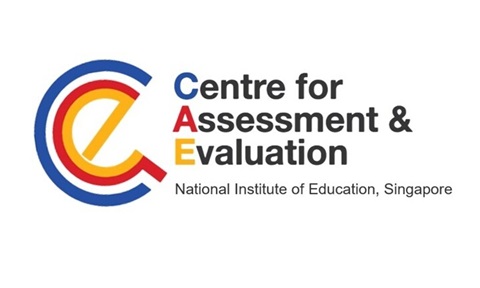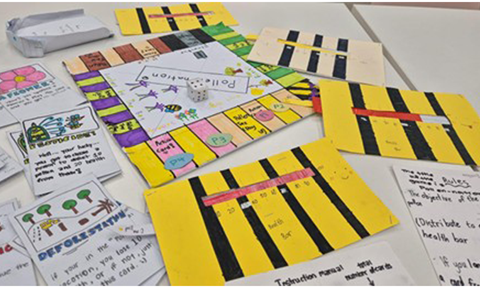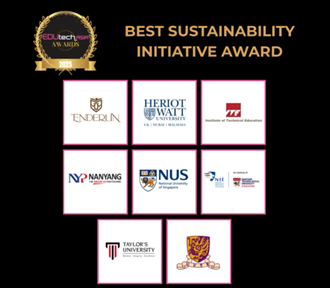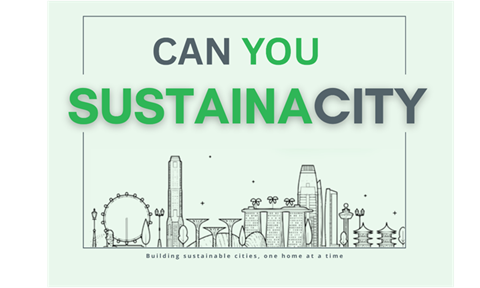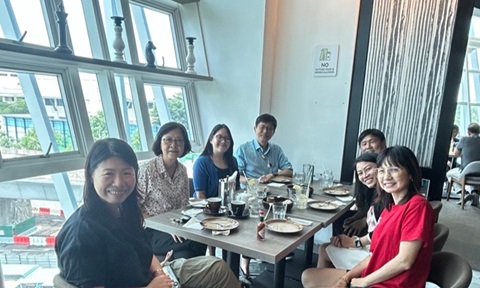Associate Professor Rita Elaine Silver co-publishes a journal article and speaks at the American Association of Applied Linguistics Conference
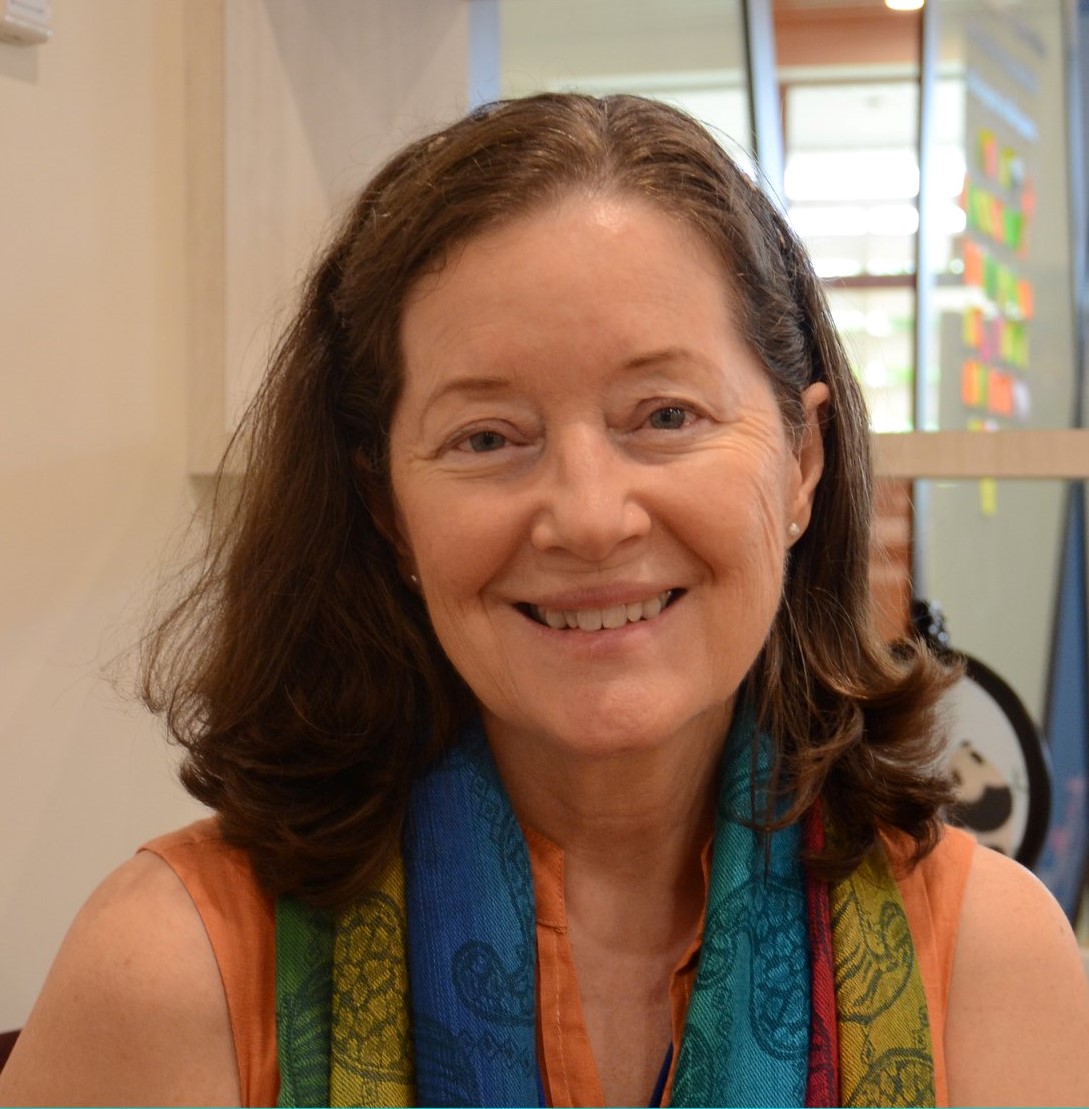
Assoc Prof Rita Elaine Silver, Director of the Education Research Funding Office, and Miss Wu Ying, current PhD candidate at the English Language and Literature Academic Group (ELL), co-published a journal article titled “Trilingualism, Education and Ethnic Language Subjectivities” in the Journal of Language, Identity & Education. This study investigates the subjectivities of tertiary students in the Guangxi Zhuang Autonomous Region (GZAR) of the People's Republic of China through self-reported language practices and attitudes in relation to identities in a language ecology with three prominent languages (Zhuang, Standard Chinese [Putonghua], and English). This mixed methods study shows that despite the population size and some educational support, Zhuang language vitality is challenged through subjectivities linked to promotion of Putonghua and Zhuang specific factors (e.g. script and dialectal variations). The study suggests that a language ecology approach is useful for understanding subjectivities as multifaceted, with multiple influences, helping us better understand why implementation of national policies or community supports on their own are insufficient for language maintenance efforts.
On 20 March 2023, Assoc Prof Rita, Dr Sun Baoqi, Education Research Scientist at the Centre for Research in Child Development, and Miss Evangeline Lin, current PhD candidate at the English Language and Literature Academic Group (ELL), presented their work on “Applied Linguistics, Research Ethics and Academic Publishing” at the American Association of Applied Linguistics Conference in Portland, Oregon (USA) as part of a colloquium on “Ethics in Applied Linguistics Research Methods: Evidence and Action”. Their work focuses on the publishing aspects of research ethics in applied linguistics, which also considers the perspectives of various stakeholders such as participants, readers/users, funders, and publishers. The goal is to position research ethics as a problem-solving activity, linked to all stages of the research process including publication. In this view, publication is not merely a ‘reporting on’ ethics (as carried out in earlier parts of the research) but is crucially linked to and embedded in the process of doing research ethically.

